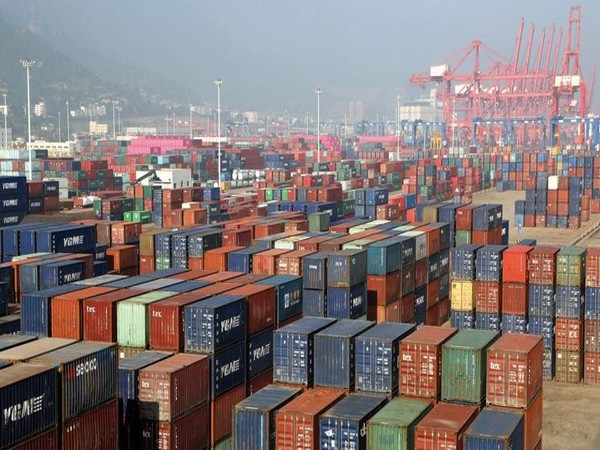Bangkok: Thai sugar syrup producers are facing potential shutdowns as early as next month due to mounting losses from China’s ongoing import ban, an industry body has warned. The financial impact has now reached nearly $60 million, but efforts by Thai officials to have the restriction lifted have so far been unsuccessful, reported Reuters.
China suspended imports of syrup and premixed powder from Thailand in December, citing concerns over factory hygiene. Last month, Thai authorities stated that China had requested an inspection of multiple factories before discussing the possibility of lifting the ban.
“Factories have stopped buying raw sugar, and operations have been at a standstill for over two months,” said Todsaporn Ruangpattananont, president of the Thai Sugar Trade Industry Association, which typically purchases around one million tons of sugar annually. “If a solution isn’t found by March, they will shut down.”
Thailand sent China a list of licensed factories along with food safety regulation details on January 14 but has yet to receive a response, two government officials told Reuters.
“We are still waiting for an answer from the Chinese government,” said one of the officials, who requested anonymity as they were not authorized to speak to the media. “Thailand is ready to set up an inspection system based on China’s requirements.”
The National Bureau of Agricultural Commodity and Food Standards, the main agency handling the issue, has not commented on the matter. China’s commerce ministry has also not responded to inquiries.
The impact of the ban is already being felt, with about 40,000 metric tons of syrup and premixed powder returned to Thailand from Chinese ports, according to Todsaporn. The financial losses for Thai businesses have now exceeded 2 billion baht ($59.51 million), double earlier estimates, due to expenses related to shipping, transport, port fines, and lower selling prices.
Thailand was China’s primary supplier of liquid sugar in 2023, exporting more than 1.2 million metric tons, according to supply chain firm Czarnikow.
The ban has also severely affected exporters like SMC Food Thailand and Hefty Food Thailand, both of which supply syrup and premixed powder to China and Japan.
“Our companies have lost nearly 100 million baht because of the ban,” said Thammasorn Nawilaijaroen, a senior executive at both firms. Hefty Food, which exported 120,000 tons of syrup to China last year, has already halted production.
“We have 300 containers that were returned, and we still don’t know where we can sell them,” he said.
At present, there is no clear resolution in sight for the struggling industry.












